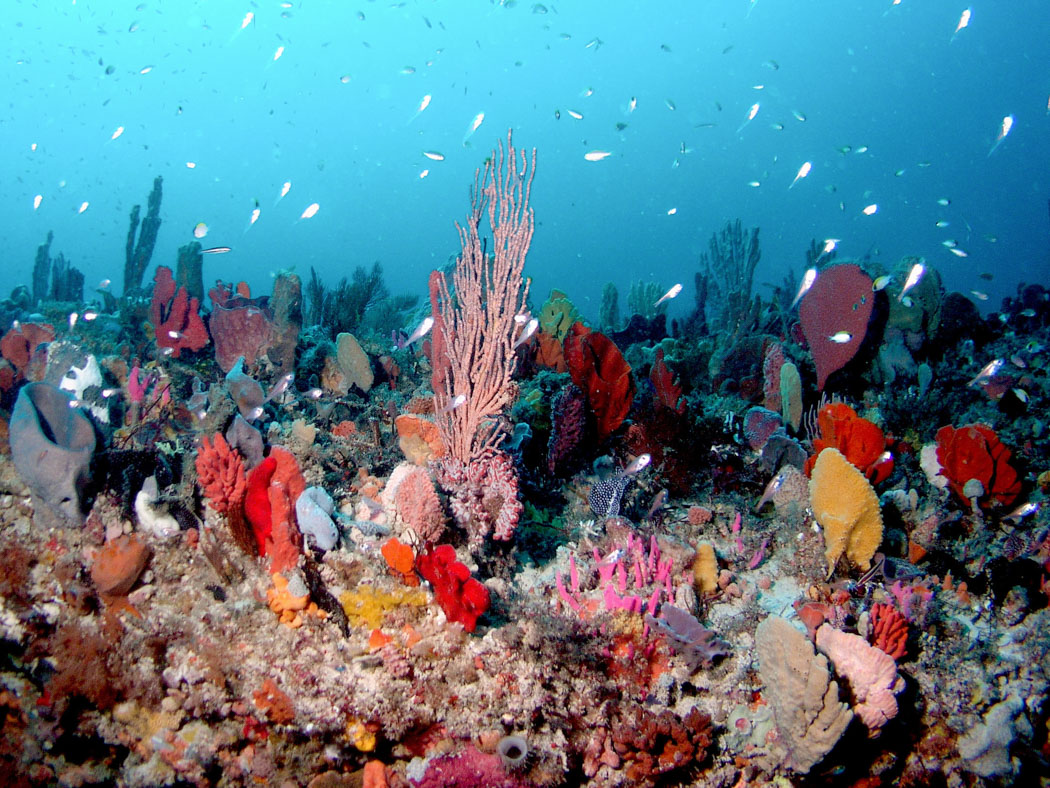Less than 1% of known sponge species worldwide were examined in this study, yet over 40 000 microbe species were found within the samples. Image: David Abdo / Department of Fisheries, WA
Thanks to an impressive collaborative effort, scientists have revealed that a tiny fraction of marine sponges are host to almost 40,000 different microbes – a finding that highlights the massive contribution of sponges to the total microbial diversity of the world’s oceans.
Microbes are essential for life, for example, in humans they regulate our immune system, aid in food digestion and even contribute to our brain function. Their importance extends right across the tree of life, including the 8,000 or so species of living sponges that represent the oldest multi-cellular animals. While marine sponges display a vast array of colours and shapes, their microbial communities are no less exciting. The extent of this complexity was revealed in a study published in the prestigious journal, Nature Communications, which involved researchers from 19 separate institutions around the world.
Whilst it has been known for some time that sponges have very complex microbial communities that contribute to their health and survival, the research team set out to show just how diverse these communities are. Their analysis of 81 sponge species (less than one per cent of all described species) detected almost 40,000 different microbes – to put that in to context, the seawater surrounding these sponges hosted a comparatively small 15,000 microbial species. Perhaps even more striking, is the finding that one single sponge species contained 12,000 different microbes! Complex network analysis of this diversity showed that the microbes interact with each other in similar ways across the different sponge species and these interaction patterns suggest that unrelated sponge species have evolved similar traits as a result of having to adapt to similar environments.
This massive undertaking is unprecedented in the scientific community. Never before has such a large-scale sequencing effort been undertaken, examining species collected right across the globe, from the Atlantic, Pacific and Indian Oceans, as well as the Mediterranean and Red Seas. This massive contribution to marine microbial diversity highlights the potential importance of sponges in research and development of new products that may have pharmaceutical, nutritional and personal care applications.
Click here for more information on AIMS' research on marine microbes
For more information, please contact:
Dr Nicole Webster
Experimental Scientist
Australian Institute of Marine Science
n.webster@aims.gov.au
+61 7 4753 4151; +61 0 407 148 476


